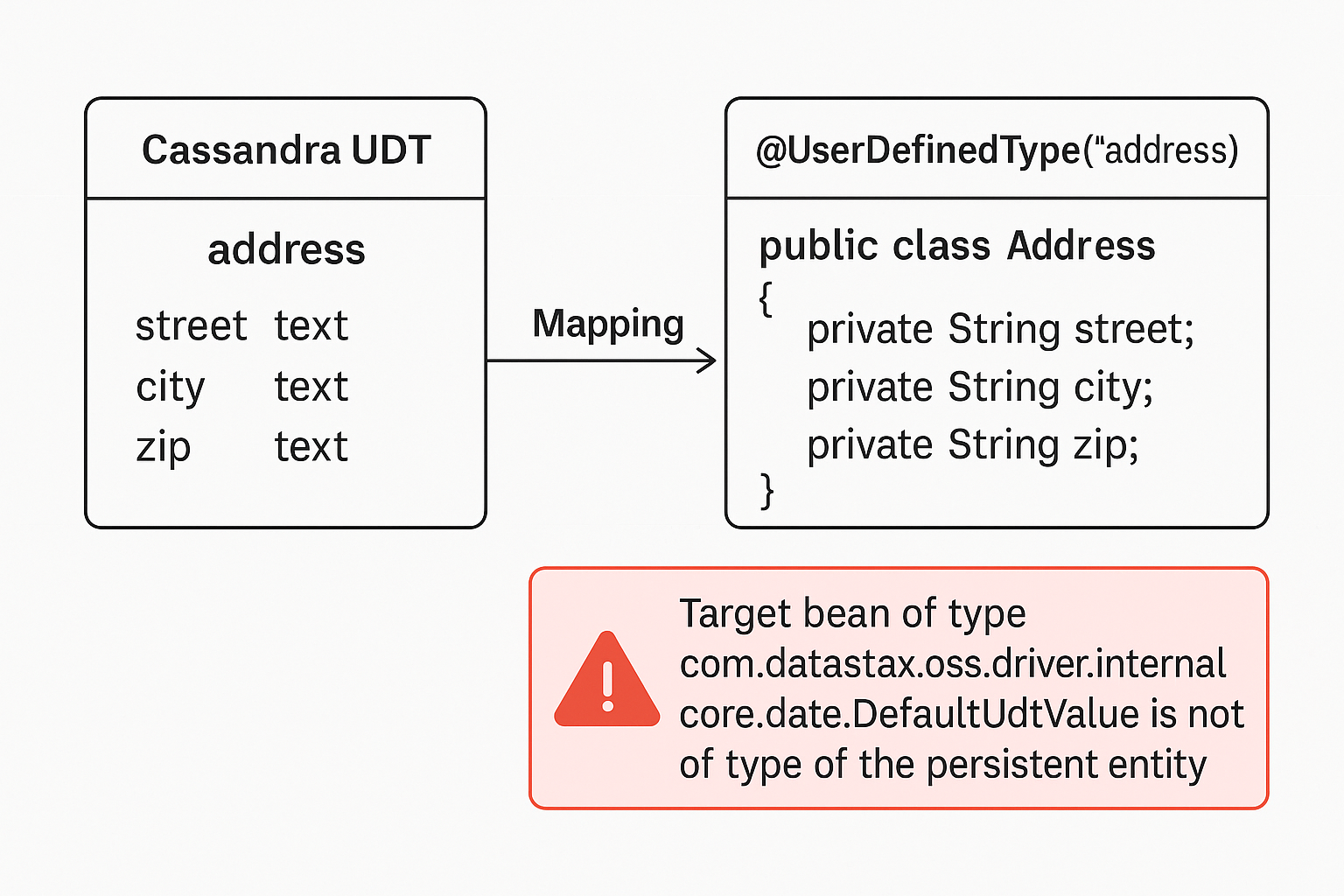In many Java applications, it’s common to work with lists of objects that include timestamps or date fields. Whether you’re tracking events, user activity, or document creation times, you may need to find the object with the most recent date. This tutorial will show you exactly how to do that in Java using best practices.
✅ Problem Statement
You have a list of Java objects, and each object contains a Date or LocalDateTime field. Your goal is to extract the object with the most recent (latest) date.
🔧 Step-by-Step Java Example
Let’s walk through a practical example using a custom class called Event.
1. Create the Java Object Class
import java.util.Date;
public class Event {
private String name;
private Date eventDate;
public Event(String name, Date eventDate) {
this.name = name;
this.eventDate = eventDate;
}
public String getName() {
return name;
}
public Date getEventDate() {
return eventDate;
}
@Override
public String toString() {
return name + " at " + eventDate;
}
}
2. Use Collections.max() with a Custom Comparator
import java.util.*;
public class Main {
public static void main(String[] args) {
List<Event> events = Arrays.asList(
new Event("Launch", new GregorianCalendar(2024, Calendar.MARCH, 10).getTime()),
new Event("Update", new GregorianCalendar(2025, Calendar.JANUARY, 20).getTime()),
new Event("Patch", new GregorianCalendar(2025, Calendar.JUNE, 15).getTime())
);
Event latestEvent = Collections.max(events, Comparator.comparing(Event::getEventDate));
System.out.println("Most recent event: " + latestEvent);
}
}
Output:
Most recent event: Patch at Sun Jun 15 00:00:00 UTC 2025
🧠 Why Use Comparator.comparing?
Using Comparator.comparing() makes your code concise and readable. It also avoids manually sorting the list or writing complex if-else logic. The Collections.max() function ensures a single pass through the list, giving optimal performance for this task.
💡 Bonus: Use Java 8 Streams (Alternative Method)
Optional<Event> latest = events.stream()
.max(Comparator.comparing(Event::getEventDate));
latest.ifPresent(System.out::println);
This is a modern, functional-style approach introduced in Java 8 and recommended for readability and flexibility.
🛑 Common Pitfalls
- Null Dates: Always check for
nullvalues to preventNullPointerException. - Empty Lists: Handle empty lists using
Optionalor checks to avoid runtime errors. - Time Zones: When using
LocalDateTimeorZonedDateTime, make sure time zones are consistent.
🧾 Conclusion
Finding the object with the most recent date in a Java list is straightforward using Collections.max() and Comparator.comparing(). Whether you’re handling logs, updates, or transactions, this technique helps you identify the most current entry efficiently and cleanly.



